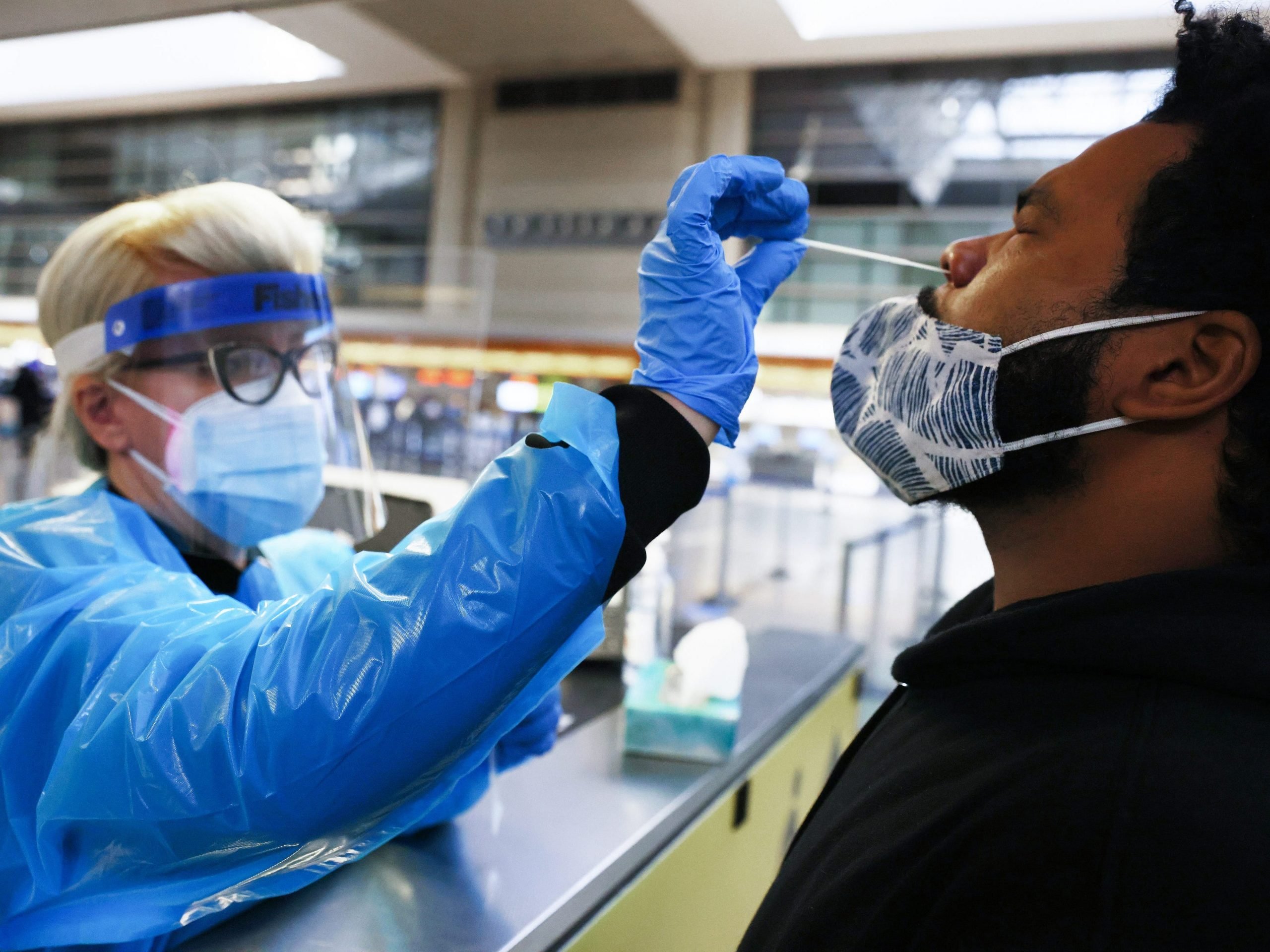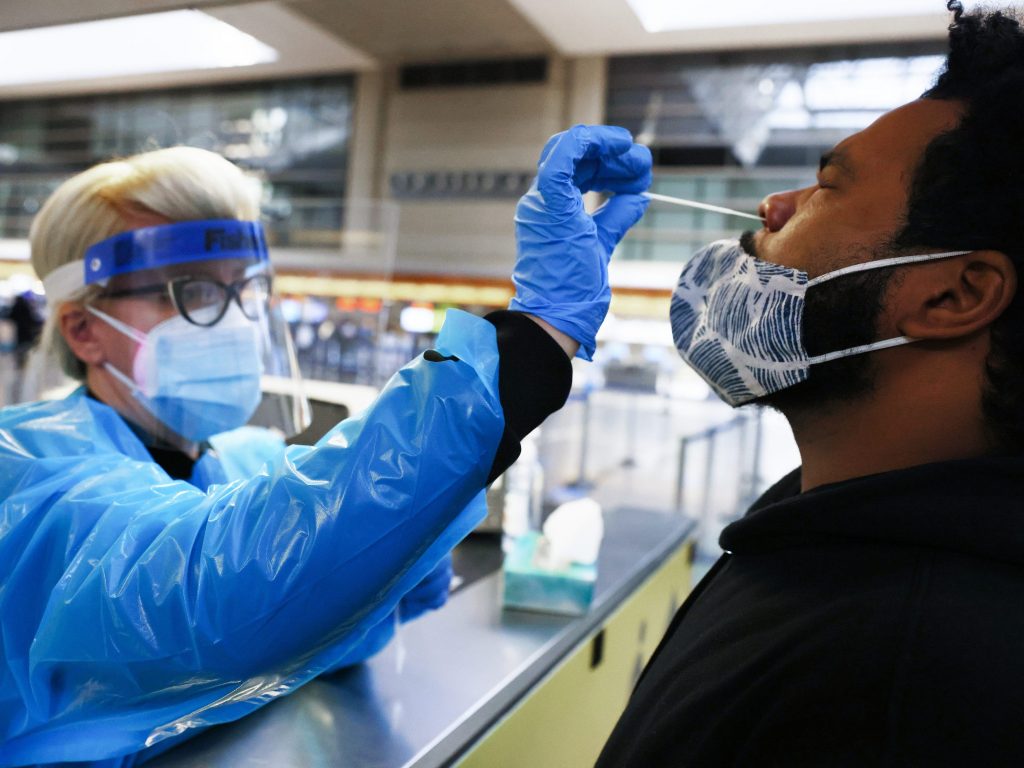
- Of almost 800,000 sequences collected in the last 60 days, 99.7% were Delta, a WHO report said.
- Delta is highly infectious and has mutations that help it avoid the immune response.
- It was first detected in India in October 2020 and has since spread to at least 166 countries.
The Delta variant was detected on 99.7% of nearly 800,000 diagnostic tests sequenced and uploaded to a central database in the past 60 days, the World Health Organization said in a report Tuesday.
Delta, which is highly infectious and can avoid the immune response, was first identified in India in October 2020 and has now spread to 166 countries, WHO said in the report.
Delta's spread has been "more gradual" in a few countries in South America, according to the report. The Gamma, Lambda, and Mu variants make up a "large proportion" of the country's sequenced tests, the report said. Worldwide, each of those three variants accounted for less than 0.1% of sequenced tests in the past 60 days, the report found.
But not every country has access to sequencing facilities, WHO cautioned, and delays in uploading test results to GISAID, the central database, may mean some variants are undercounted.
Delta, which is a mutated version of the original coronavirus, has 152 descendants, according to Outbreak.info, which is run by Scripps and uses GISAID data. One descendent, AY.4.2, is being most closely monitored by public health bodies globally, particularly in the UK, where it has been detected most often.
Dr. Soumya Swaminathan, chief scientist at WHO, said on Twitter Wednesday that AY4.2 "may have some transmission advantage and needs watching."
But it's not yet clear if AY.4.2 is inherently more infectious, or if other factors in England are contributing to its spread. The variant accounted for about 11% of Delta cases in England as of October 23 and about 15% of cases as of November 6, according to the most recent Public Health England report released Friday.
So far, AY.4.2 doesn't appear more deadly than Delta, and vaccines should protect against it, the PHE report found.

